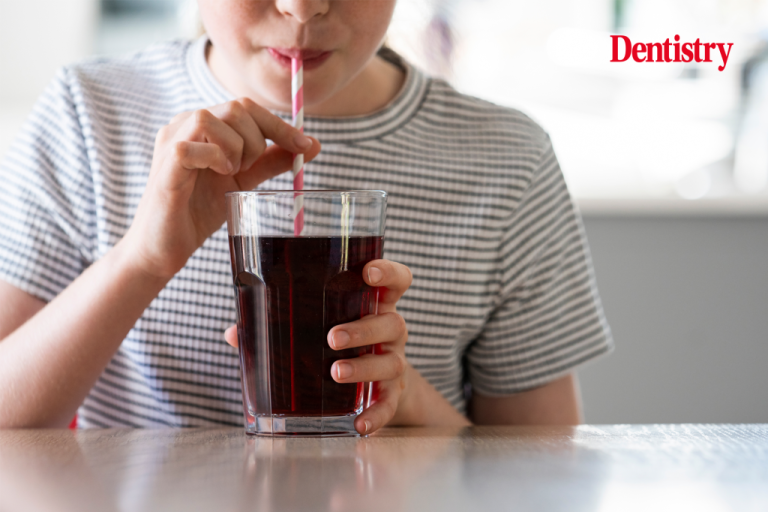A sugar tax may have reduced the number of children admitted to hospital for tooth extractions, new research suggests.
Also known as the UK soft drinks industry levy, it was introduced in 2018, requiring makers of drinks with more than 5g of sugar to pay a ‘sugar tax’.
New research published in BMJ Nutrition, Prevention & Health suggests that the number of under-18s who have had a tooth removed due to tooth decay may have fallen by 12% as a result.
The researchers analyzed hospital admission data for tooth extractions in a population of nearly 13 million children under 18 years of age. The data covers the six years between 2014 and 2020, two years after the fee was introduced. Overall trends were recorded, as well as the impact of factors such as neighborhood deprivation and age.
The biggest reduction in hospital admissions was in the under nine age group. There was a reduction of 6.5 admissions per 100,000 for children aged between zero and four. However, there was no significant change in children aged 10-18 years.
Overall, the researchers estimated that 5,638 hospital admissions for tooth decay were avoided. Reductions in admissions were seen among children living in most areas, regardless of level of deprivation.
“Significant future burden on dental services”
The researchers acknowledge that other national interventions may also have contributed to the reduction in caries-related hospital admissions. These include the sugar reduction program and mandatory nutrition labels. As the study was observational, it is impossible to fully attribute the change to the sugar tax.
However, they felt the research “provides evidence of potential benefits to children’s health from the UK soft drink industry levy beyond the obesity it was originally developed to address”.
Professor David Conway is co-author of the study and professor of dental public health at the University of Glasgow. He said: “Tooth extraction under general anesthetic is one of the most common reasons children are admitted to hospital across the UK. This study shows that ambitious public health policies, such as a tax on sugary drinks, can have an effect on improving children’s oral health.”
In England, nearly 90% of all tooth extractions in children are due to tooth decay. This results in approximately 60,000 missed school days per year. Sugary drinks account for around 30% of added sugars in the diet of children between one and three years of age. The percentage rises to 50% in older teenagers.
The link between sugary drinks and tooth decay is well documented. However, this is the first study to analyze the impact of the sugar tax on children’s oral health.
Professor Sumantra Ray, Executive Director of the NNEdPro Center for Global Nutrition and Health, said: “We welcome the publication of this research which attempts to link changes at policy level and the impact on early oral/dental health outcomes which: If it was unpleasant, would place a significant further burden on dental services throughout life.
Extension of the sugar tax
According to the British Dental Association (BDA), key opinion leaders in dentistry believe the levy should be extended to other types of products. This can include milk-based drinks, biscuits, cakes, sweets, yoghurts and cereals. The association said this would lead to widespread reformulation of high-sugar foods and need not increase costs for consumers.
BDA chairman Eddie Crouch said: “The sugar levy is delivering the goods in the fight against rot, so it’s time to double it. This is not a cost of living increase. When voluntary action has clearly failed, it shows that the government needs to force the industry to cut out sugar.”
Follow along Dentistry.co.uk on Instagram to keep up with all the latest dental news and trends.

